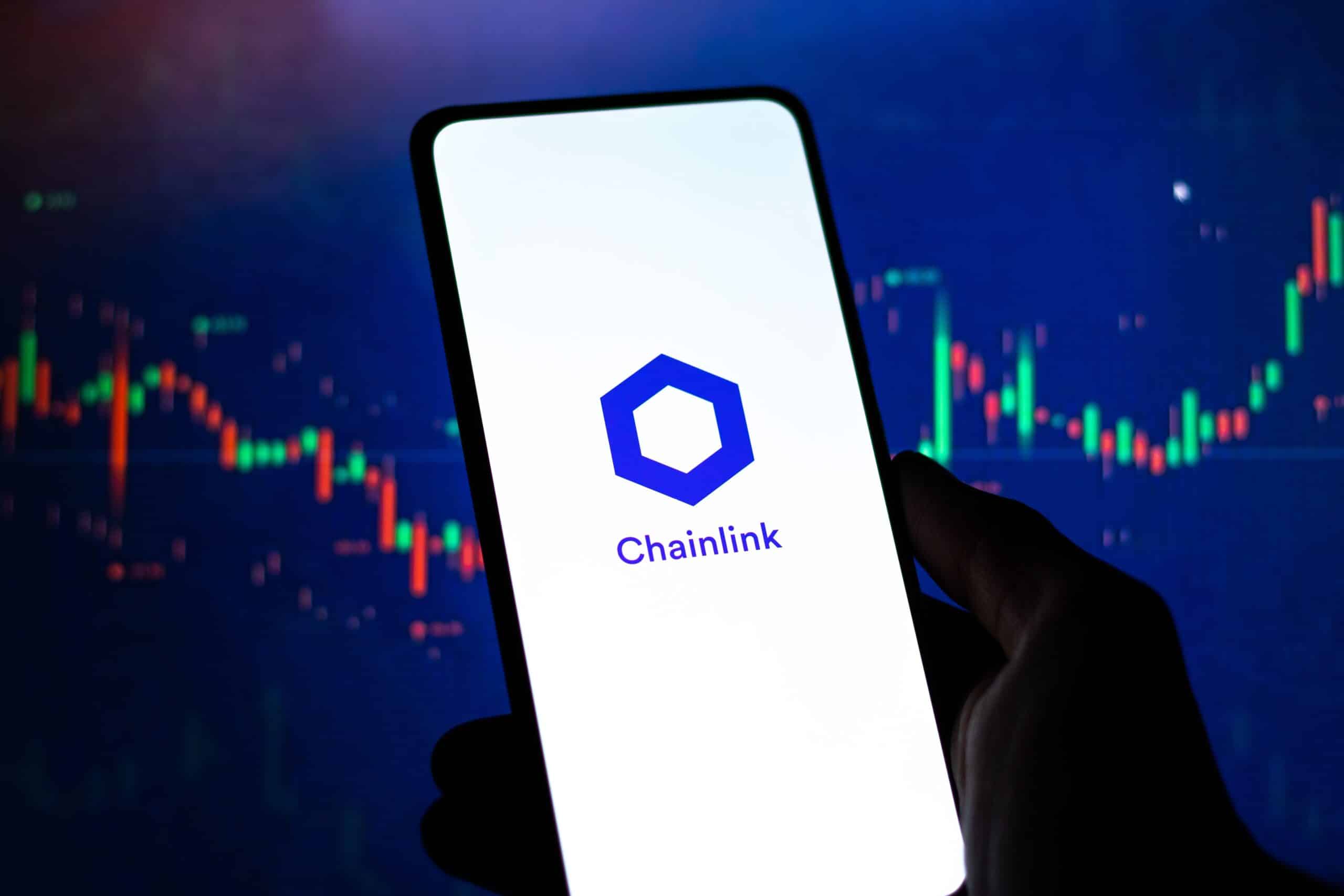LINK, Chainlink’s native token for its decentralized oracle network, rallied to a two-year high on Monday morning and is coming close to becoming one of the top 10 cryptocurrencies by market capitalization.
LINK has increased 5.4% in the past 24 hours to $19.16, a price level not seen since Jan. 2022. It currently has a market capitalization of about $11.2 billion, making it the 11th largest cryptocurrency, behind Avalanche’s $12.7 billion market cap, data from CoinGecko shows. None of the other top 10 cryptos by market cap have managed to make gains over the last 24 hours.
“I think the Chainlink price gain has been driven by renewed interest in tokenizing RWAs [real world assets],” Jim Hwang, chief operating officer at Firinne Capital, wrote in a text message to Unchained. Chainlink is one of the leading networks playing a role in tokenization, a process of representing real world assets, such as real estate and artwork with digital tokens on blockchain networks.
Read More: Chainlink Community Staking Pool Full, Drawing More Than $620M
The Boston Consulting Group estimated in a 2023 report that the global value of tokenized illiquid assets will reach roughly $16 trillion by 2030, and last week, asset manager Superstate unveiled its first tokenized U.S. Treasury fund native to the Ethereum blockchain.
“I think crypto denizens and investors are recognizing that not only will there be a multi-chain world, but the need to interact with real world assets is important for crypto adoption. Meanwhile, financial institutions are seriously thinking about how they may upgrade their existing financial rails with blockchain,” Hwang added.
Chainlink has also been working with Swift, the global messaging network used by financial institutions to securely facilitate communication about international transfers. In August 2023, Swift announced that its tokenization experiments with Chainlink had proved successful.
“Any work that develops protocol standards to ensure data and assets can be transmitted securely and efficiently across networks will be valuable,” noted Hwang.



